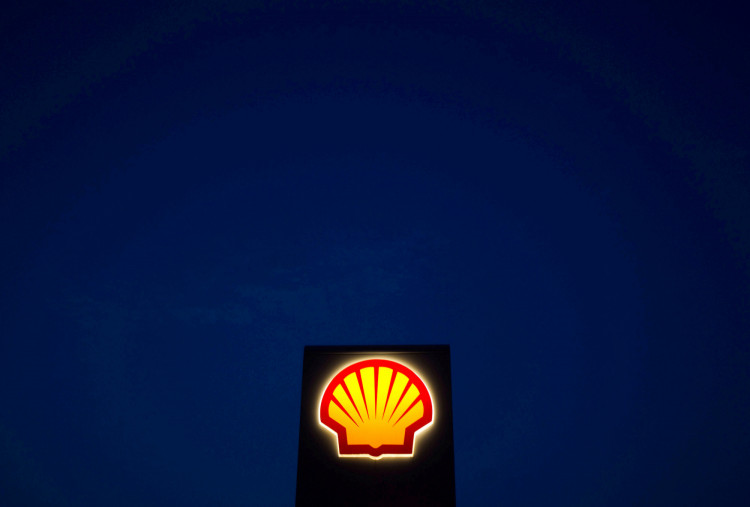Shell has announced plans to transform a massive gasoline refinery in the Netherlands into a sustainable aviation fuel (SAF) plant that will produce roughly half a million tons of SAF per year.
The announcement comes as major airlines have pledged to reduce carbon emissions by phasing out fossil fuels.
Shell said in a statement that the Shell Energy and Chemicals Park Rotterdam facility will be "among the biggest in Europe to produce SAF and renewable diesel made from waste."
The refinery is expected to operate by 2024.
This year, the aviation industry has been swift to embrace SAF. During a climate change summit in Glasgow later this year, one of the world's major airlines, British Airways (BA), promised to procure SAF for all flights between London and the Scottish cities of Glasgow and Edinburgh.
BA's parent company, International Airlines Group (IAG), has committed to investing $400 million in SAF over the next 20 years.
Another major airline, Delta Air Lines, established a partnership with Chevron to test SAF and potentially replace 10% of Delta's jet fuel with SAF by 2030. The airline operates a fleet of around 800 planes.
One of the challenges the SAF industry has faced is the creation of new production facilities. Shell's high-volume plant might aid in the scaling up of global output and, in turn, lower SAF costs.
Shell said the new facility would eventually produce more than 410,000 metric tonnes (approximately 452,000 U.S. tons) of SAF every year, out of the plant's total annual output of 820,000 metric tonnes (904,000 tons). According to the company, the remaining fuel (about the same amount) would be renewable diesel fuel.
Shell says it wants to reduce traditional fuel production by 55% by 2030.
SAF generates far fewer greenhouse gas emissions than conventional fossil-based aviation fuel. It is made by combining traditional fuel with renewable materials such as cooking oil, plant oils, agricultural residues, and municipal waste.
President Joe Biden challenged aviation industry leaders earlier this month to produce 3 billion gallons of SAF by 2030, setting a goal of a carbon-free aviation sector in the U.S. by 2050.
The White House has said that it will provide tax incentives to encourage airlines and other industry players to meet the carbon-free target.






